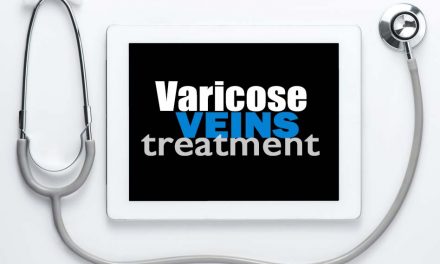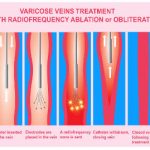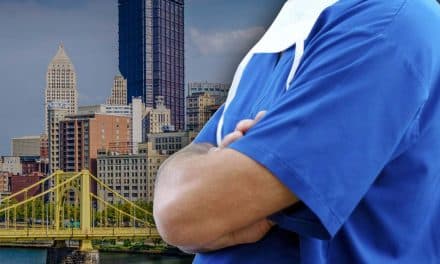
Varicose Vein Surgery Explained Simply by a Doctor
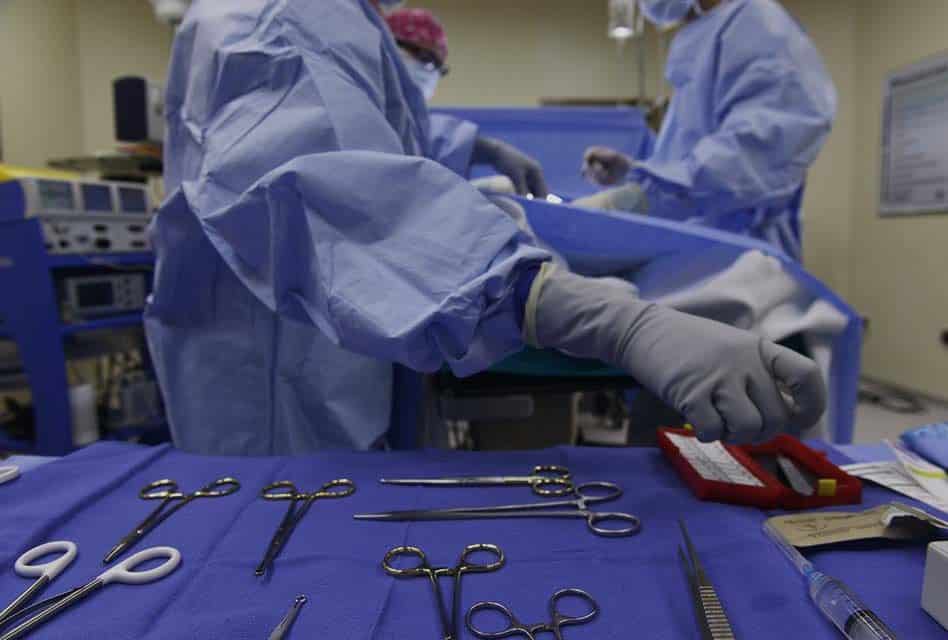
Varicose Veins Often Require Different Treatments
Many patients assume that every patient with varicose veins will require the identically same vein surgery that their friend or relative received.

Your varicose vein surgery treatment depends on:
- The size of your varicose veins
- The location of your varicose veins
- Which veins are the source or the root of the problem
- Whether you have had previous varicose vein treatments such as stripping
- Whether your varicose veins have been injected with medication in the past
- Whether you have had thrombophlebitis or blood clots in your varicose veins
- Your health insurance company’s varicose vein restrictions and regulations
- Your goals and expectations
Three Common Varicose Vein Surgery Treatments That Are Often Confused
- Stripping – Stripping of varicose veins was usually performed prior to the year 2000.
With stripping, the patient had to go to the hospital or surgery center. You may have heard horror stories and shudder at the mention of this procedure.
General anesthesia was required.
Incisions were usually made at the ankle and in the groin.
The saphenous vein was literally ripped out of your leg while you were asleep.
It was brutal and painful. It is rarely performed anymore.
The traditional stripping operation left scars on your leg.
It usually required a hospital stay of at least a few days. Recurrences were difficult to treat.
- Laser varicose vein surgery or radiofrequency closure of the saphenous vein – These procedures are also known as saphenous ablation of the saphenous vein.
Heat or radiofrequency is used to seal that vein shut. Your body absorbs it over time.
Therefore, the final result is like the stripping operation in that the saphenous vein is eliminated.
- Ambulatory phlebectomy or phlebectomy – This procedure is used to remove only the branches of the saphenous vein that remain after a saphenous ablation.
Varicose veins are the branches that are seen on the surface of the skin. With phlebectomy, they are removed through needle punctures or mini incisions.
Local anesthesia is all that is required.
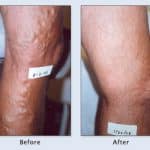
Cosmetic results for even the largest varicose veins are excellent.
Recovery from phlebectomy is very quick. Usually no pain medication is required.
Really!
Long-term results are very good since the abnormal veins are totally removed forever.
What Will You Need to Get Rid of Your Varicose Veins?
Your vein specialist must first perform ultrasound testing. A treatment plan will be tailored to your specific varicose vein problem.
Sometimes the procedures that are required will need to be staged.
Multiple visits may be necessary.
Everyone’s varicose vein problem is different.
It is extremely important that you seek treatment from an experienced and qualified vein specialist.
Other vein treatment centers in Pittsburgh are not accredited!
Learn what vein center accreditation means before you choose a vein center.
What If You Just Choose the Closest Vein Center?
Inadequate treatment by inexperienced vein doctors often results in a more complicated network of new abnormal veins.
This makes it much more troublesome and difficult to treat than the original veins.
Recurrent failure rates are higher.
Your veins keep coming back faster and faster.
To prevent this, get it done right the first time.
Don’t choose a vein center just because it is close and convenient.
That is the biggest mistake people make when choosing health care today.
Conclusion
Varicose veins present in complex patterns. They vary widely from person to person.
Stripping, ablation procedures and phlebectomy are often confused.
An experienced vascular surgeon who specializes in veins can help you choose the best varicose vein treatment for you.
Varicose vein surgery is palliative. That means that if you live long enough, new veins will eventually occur. That largely depends on the procedures performed.
The training, experience and abilities of your vein specialist will help keep your varicose veins away longer.
Varicose veins differ widely in their origins. Therefore, treatment must be individually tailored to your anatomy and circumstances.
Call our fellowship-trained board certified vascular surgery office for a consultation to learn more.
We specialize in minimally invasive varicose vein surgery.
Our office can be reached at 724-987-3220 or click here.


